Affirming the “constants” among countless “variables” was the focus of the Quad Summit on September 21 in Wilmington, Delaware (USA). Commentary by The World and Vietnam Newspaper.
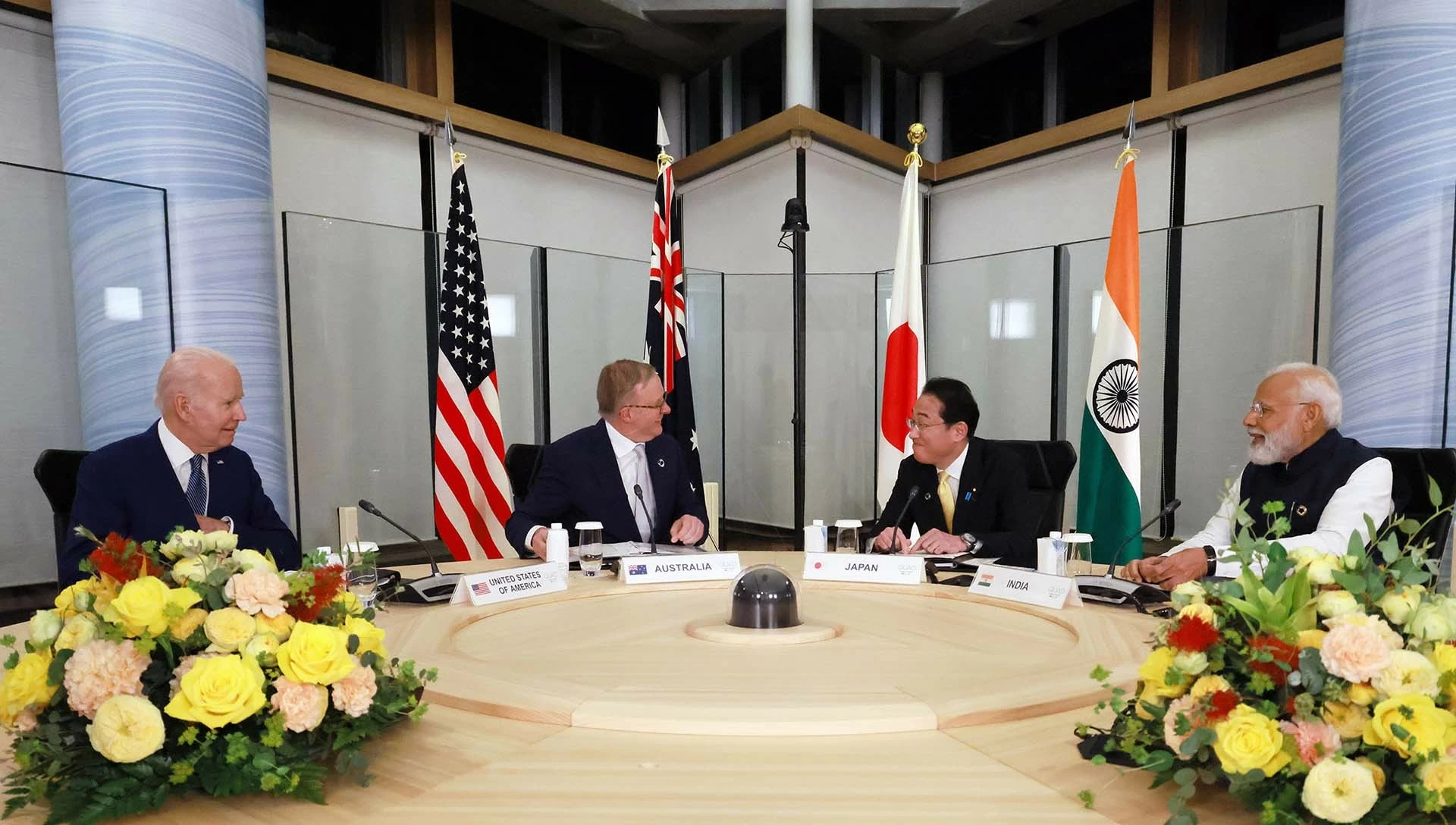 |
| US President Joe Biden, Australian Prime Minister Anthony Albanese, Japanese Prime Minister Fumio Kishida and Indian Prime Minister Narendra Modi hold a Quad meeting on the sidelines of the G7 Summit in Hiroshima, Japan, May 20, 2023. (Source: Reuters) |
Since its first meeting in 2021, the Quad Summit (including the US, India, Japan and Australia) has been a hot topic.
Countless variables
The first variable is the timing and location of the summit. After two previous summits in Japan, both in May, this time the summit will take place in September. More specifically, instead of taking place in India as discussed, the parties agreed to hold it in Wilmington, Delaware, and then attend the UN General Assembly meeting in New York.
However, this was no random choice, as Wilmington is President Joe Biden’s hometown. It is not uncommon for high-ranking leaders to choose their hometowns or private homes to host foreign leaders or host major international events.
In 2017, former President Donald Trump had many friendly exchanges with the late Japanese Prime Minister Abe Shinzo on the golf course at his family's Mar-a-Lago resort. Six years later, Japan hosted the Group of Seven (G7) Summit in Hiroshima, the hometown of current Prime Minister Fumio Kishida. For its part, the White House stated: "(This choice) reflects (President Joe Biden's) deep personal relationships with each of the Quad leaders and the importance of the Quad to all of us."
Second, this is also the last conference attended by Mr. Joe Biden and Mr. Kishida Fumio. The current US President has ceded his election rights to his “deputy” Kamala Harris.
For his part, Prime Minister Kishida will not run for the position of President of Japan’s ruling Liberal Democratic Party (LDP). The future of these two positions and the foreign policy of the US and Japan after 2024 are still big questions. Even if Ms. Harris wins, there is no confirmation that she will continue Mr. Joe Biden’s commitment to the Quad. For Japan, things are even more unpredictable when there are many potential faces in the LDP, with quite different views on foreign policy.
Finally, this Quad Summit takes place in the context of complex and volatile global and regional situations. More than two and a half years after the outbreak, the Russia-Ukraine conflict shows no signs of cooling down, especially with the recent series of clashes in Kursk. The situation in the Gaza Strip is complicated, with the relationship between the US and its close ally Israel showing signs of cracking, while the Houthi faction in Yemen is becoming bolder in its attacks on ships in the Red Sea.
In the Indo-Pacific, US-China relations continue to follow the trend of “cooperation when possible, competition when appropriate, and confrontation when necessary”. Lai Thanh-de’s appointment as the head of Taiwan (China) has not been able to cool down the situation on both sides of the strait. Fierce fighting in Myanmar and protests to change the government in Bangladesh threaten to spread. North Korea continues to test missiles with high frequency; the East Sea still has many potential tensions. This situation requires all four countries to continuously adjust, build and implement policies.
President Joe Biden will hold bilateral meetings with Quad leaders at his home in Wilmington and an informal summit and dinner at Archmere Academy, a Catholic high school where he attended. Leaders will also participate in the “Cancer Moonshot” event at the school, an initiative spearheaded by Mr. Biden to find vaccine-based immunotherapy for cancer. |
Constants and strides
In this context, affirming the constants amid countless variables will be the focus of the Quad on September 21. First, the five Summits maintained from 2021 in different forms, along with eight Foreign Ministerial meetings, affirm the four countries' strong commitment to the region.
In addition, the last-minute change of venue and the choice of Joe Biden’s hometown as the Summit’s venue, months before the leader leaves office, reflects the US’s core role in the Quad, which will remain so long as it does not abandon its commitment, as former President Donald Trump did when the US withdrew from the Trans-Pacific Partnership.
Finally, the White House stressed that the summit will focus on “strengthening strategic commonalities between countries, promoting a shared vision of a free and open Indo-Pacific, and delivering substantial benefits to regional partners in key areas.” In the previous four summits, Indo-Pacific regional security, climate change and sustainable development, economic security, and technological cooperation all appeared; this time is no exception.
Accordingly, in terms of security, the Quad is said to be promoting a plan for coordination and joint patrols in the Indo-Pacific. At the same time, the parties will discuss in depth the construction of an Open Radio Network (Open RAN), an infrastructure for maritime communication systems that minimizes dependence on certain companies in the event of supply chain disruptions.
In the health sector, the Quad can launch joint research and cooperation initiatives to treat some incurable diseases based on the experience of cooperation in preventing and combating the Covid-19 pandemic. In terms of technology, the Quad will discuss the possibility of implementing projects to support farmers to improve productivity through the application of artificial intelligence.
It is possible that the parties will agree to hold the first-ever meeting of trade and industry ministers. If it comes to fruition, this would be a step towards deeper institutionalization of the Quad, as the Biden administration had hoped.
Source: https://baoquocte.vn/thuong-dinh-bo-tu-hang-so-va-bien-so-286866.html



![[Photo] General Secretary To Lam receives President of the Republic of Burundi Évariste Ndayishimiye](https://vstatic.vietnam.vn/vietnam/resource/IMAGE/2025/4/4/d6df4662ecde41ef9bf55f1648343454)
![[Photo] Parade rehearsal on the training ground in preparation for the April 30 celebration in Ho Chi Minh City](https://vstatic.vietnam.vn/vietnam/resource/IMAGE/2025/4/4/e5645ddf85f647e6a25164d11de71592)

![[Photo] Prime Minister Pham Minh Chinh meets with President of the Republic of Burundi Evariste Ndayishimiye](https://vstatic.vietnam.vn/vietnam/resource/IMAGE/2025/4/4/979010f4c7634f6a82b8e01821170586)
![[Photo] Workshop "Future for the Rising Generation" continues the profound value and strong message from the article of General Secretary To Lam](https://vstatic.vietnam.vn/vietnam/resource/IMAGE/2025/4/4/ec974c5d9e8e44f2b01384038e183115)
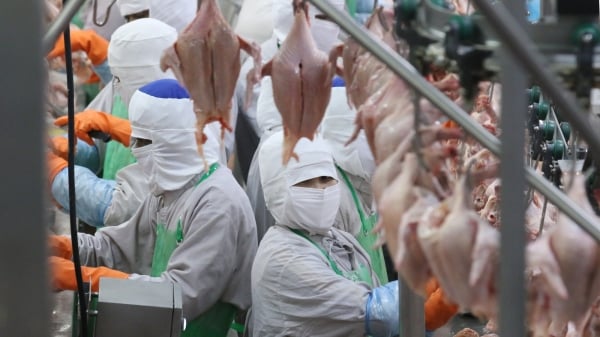

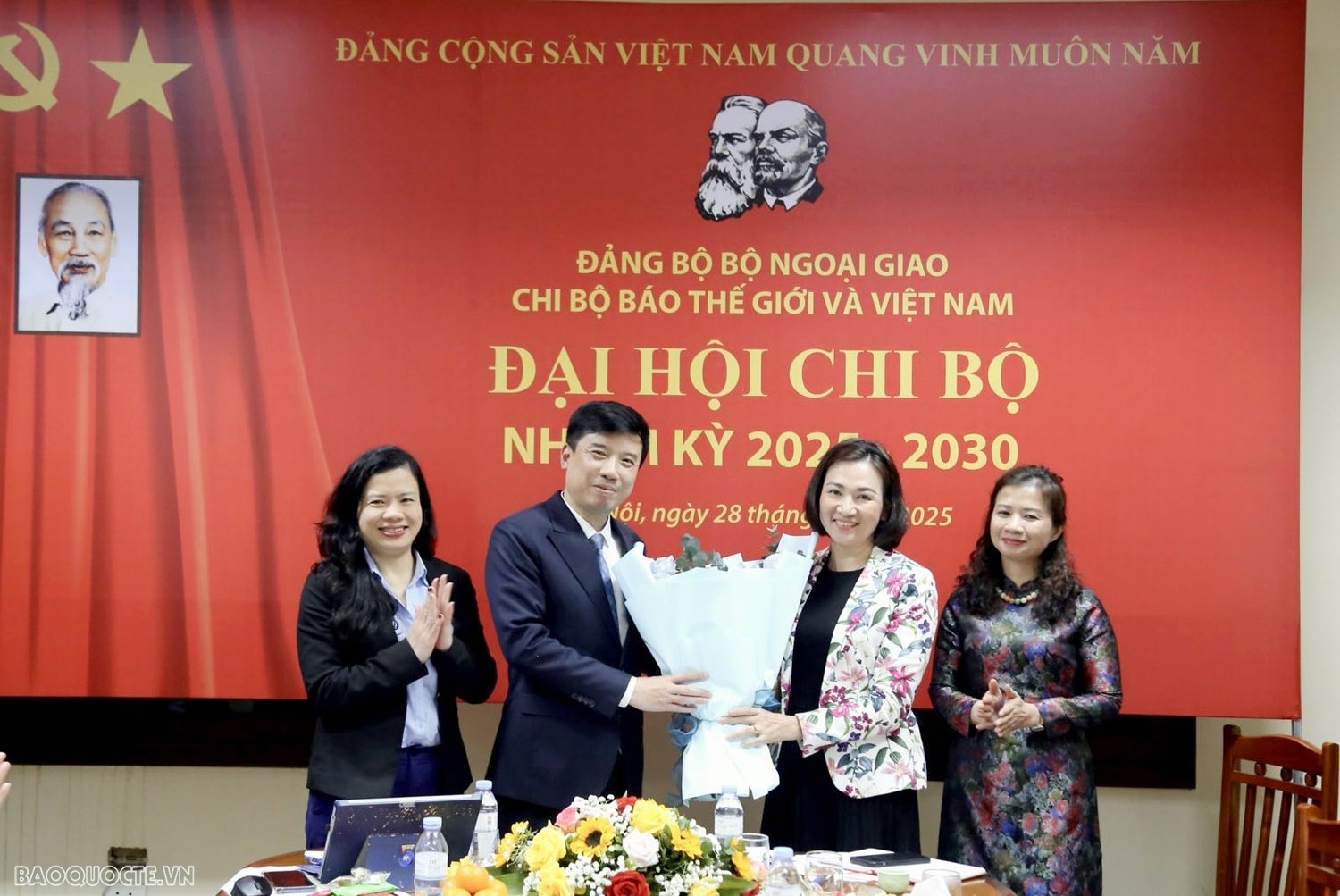
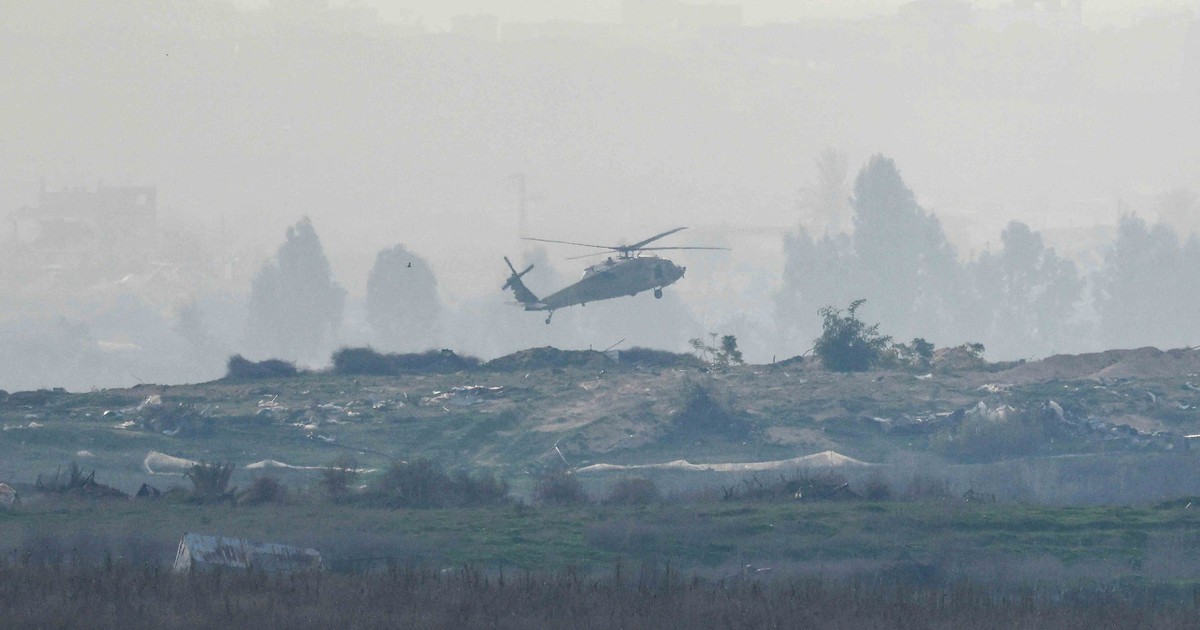


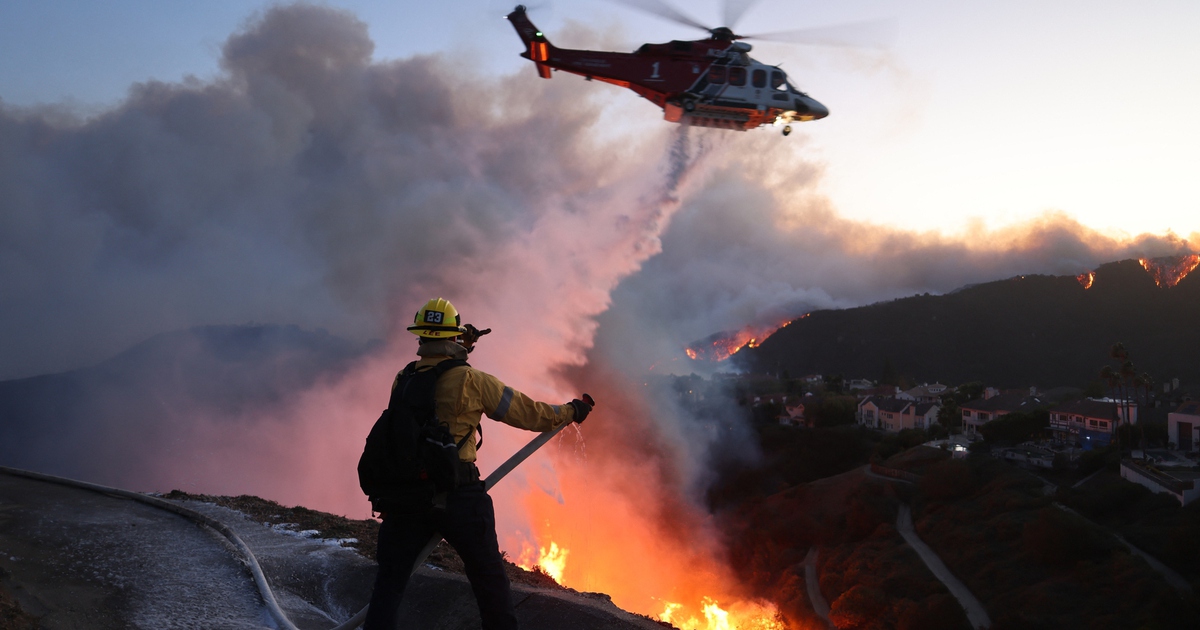
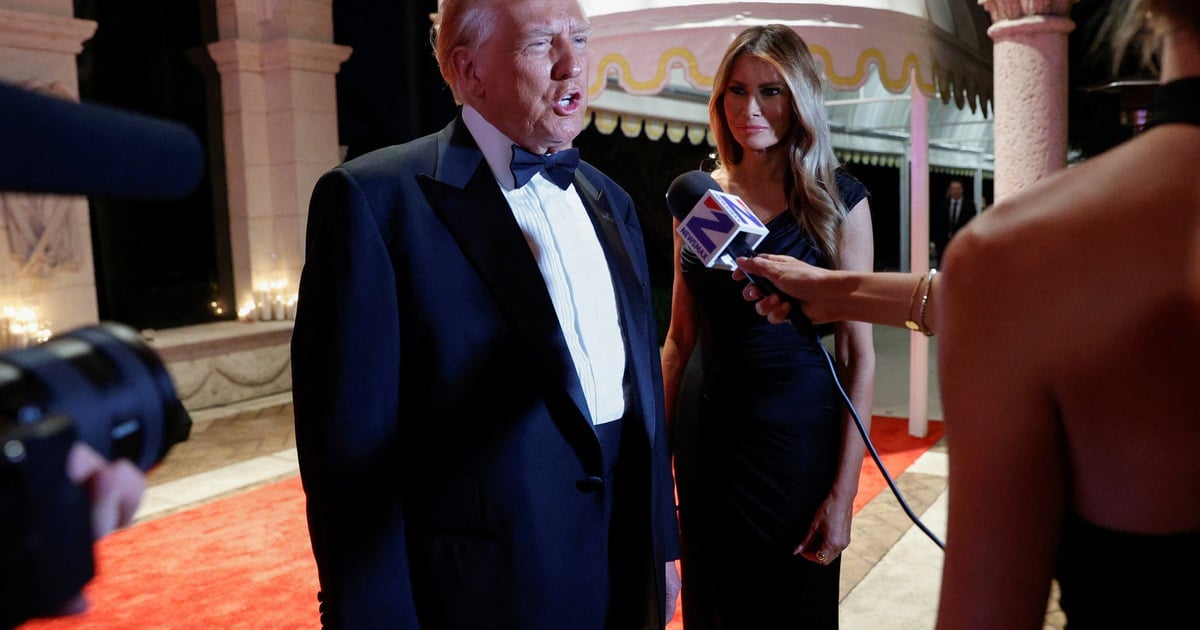

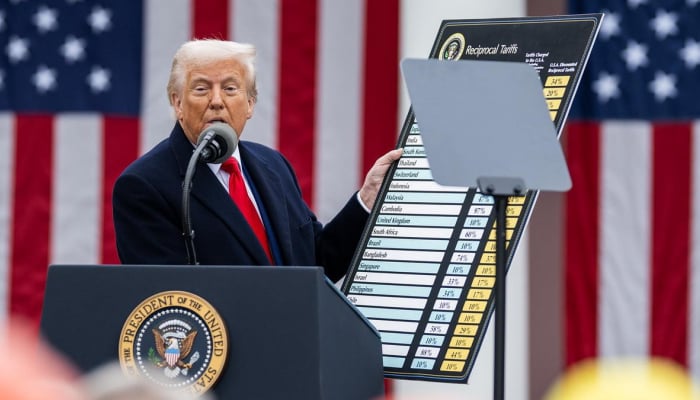
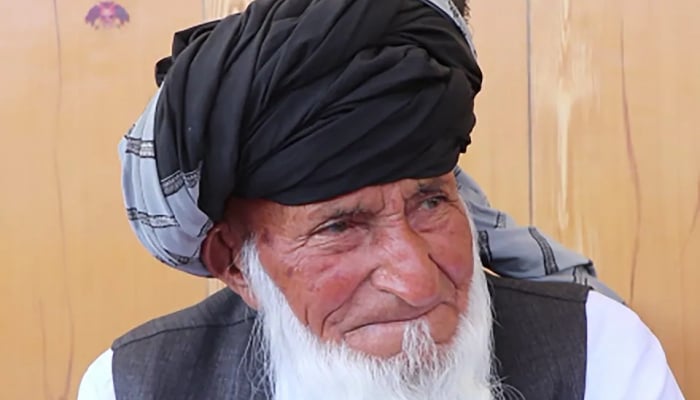






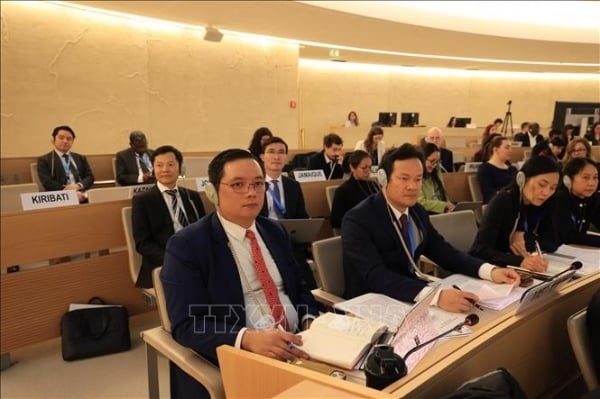
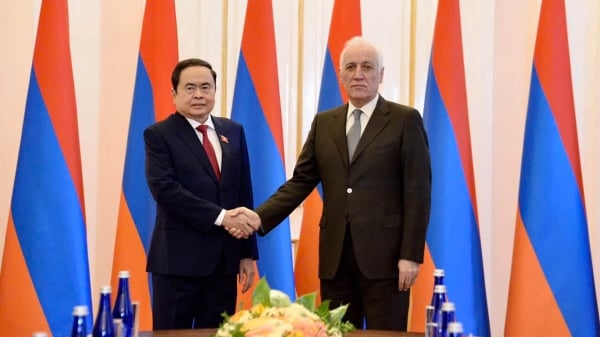
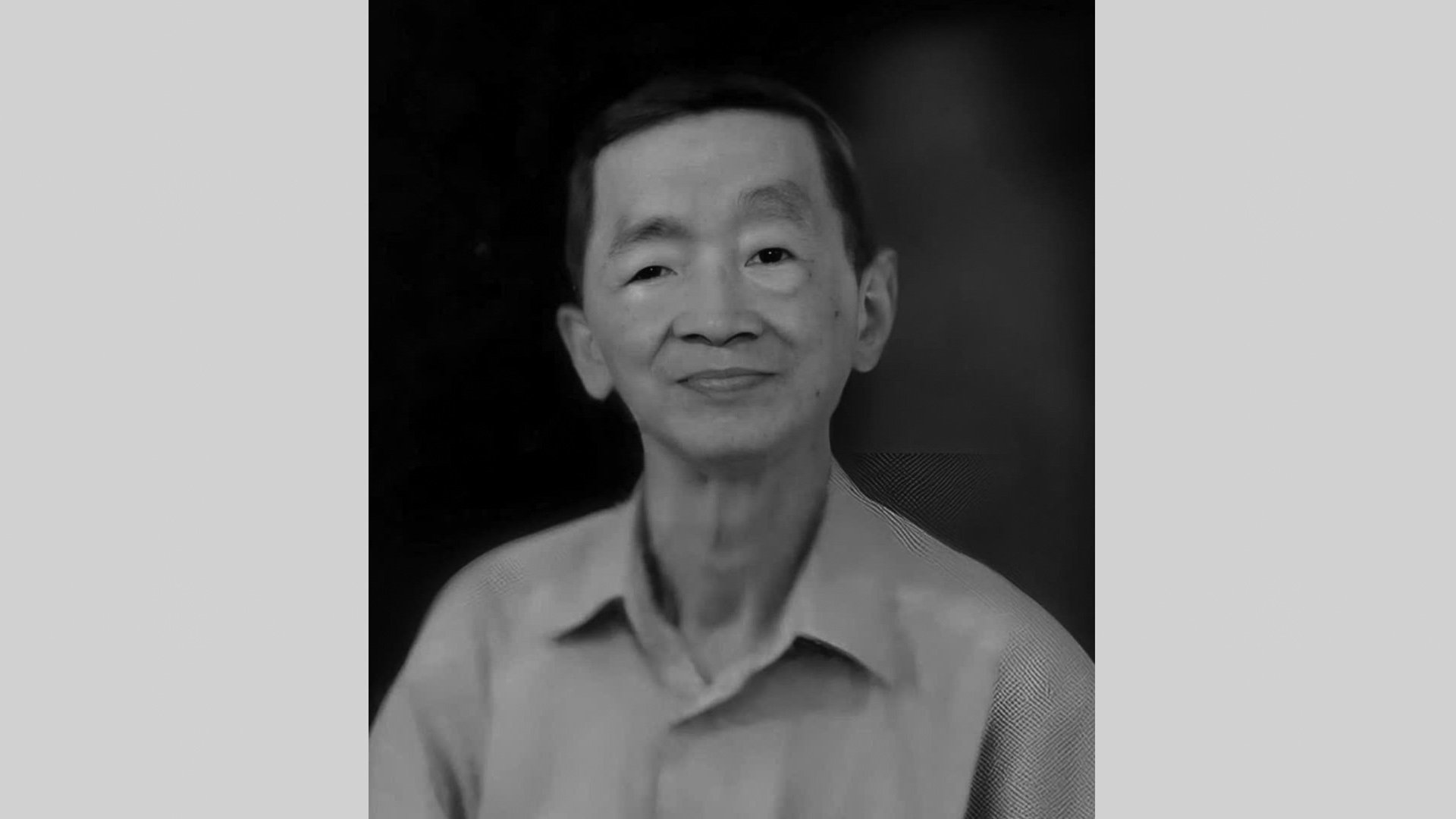



![[Photo] President Luong Cuong presides over the official welcoming ceremony for Burundian President Évariste Ndayishimiye](https://vstatic.vietnam.vn/vietnam/resource/IMAGE/2025/4/4/63ceadc486ff4138abe2e88e93c81c91)
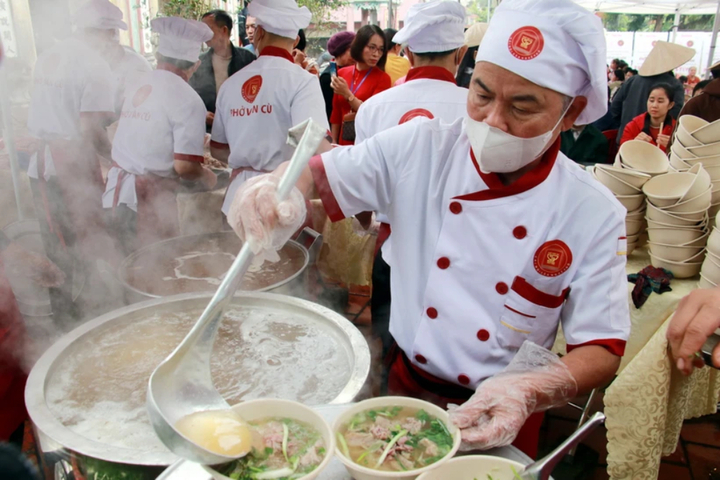

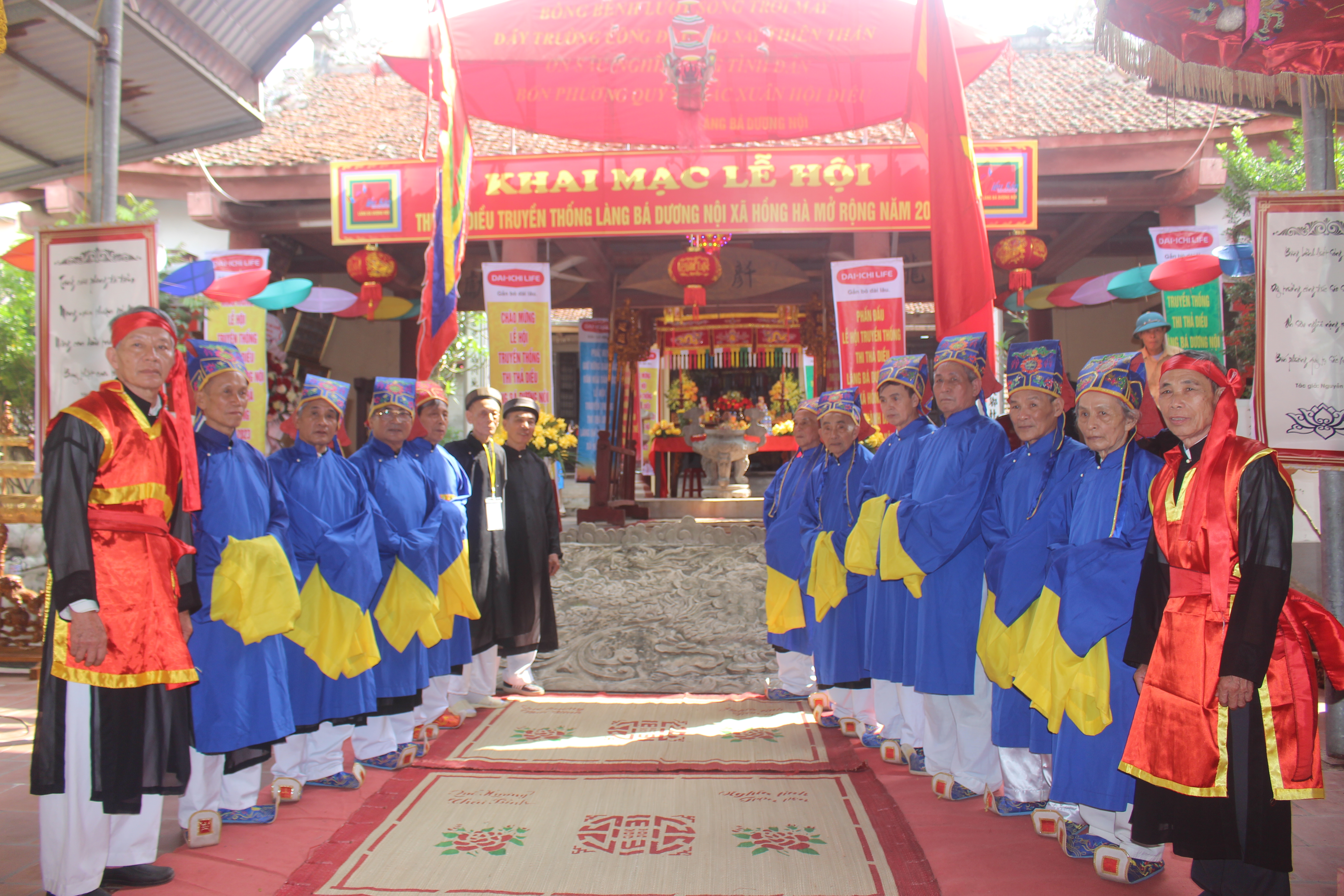

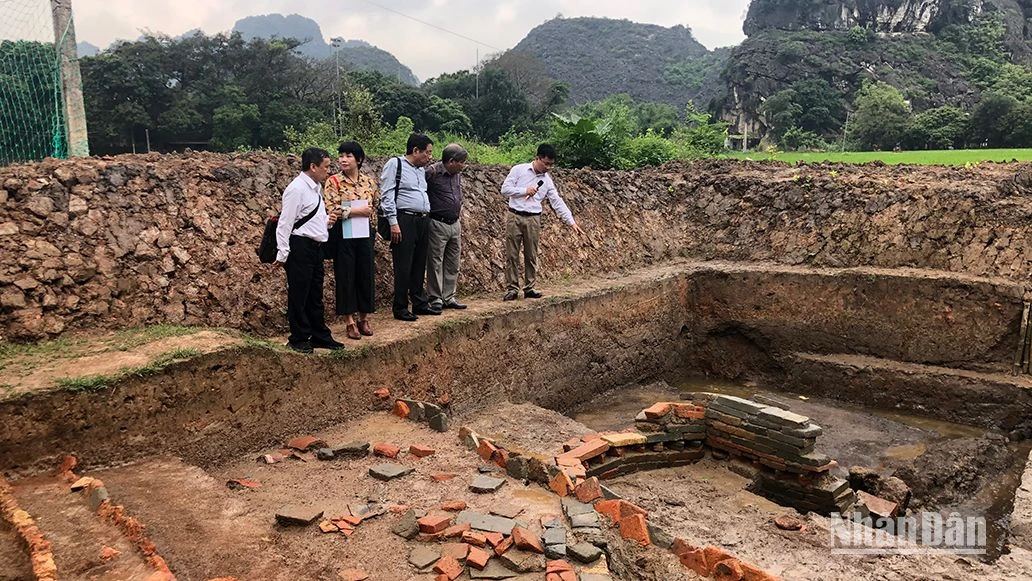



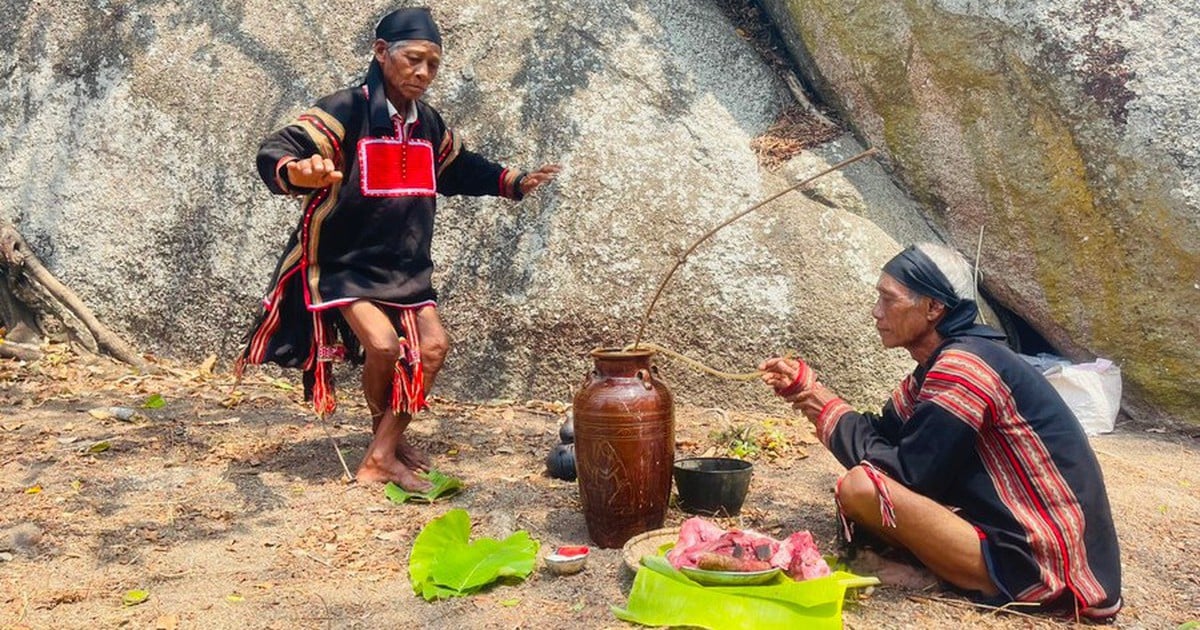


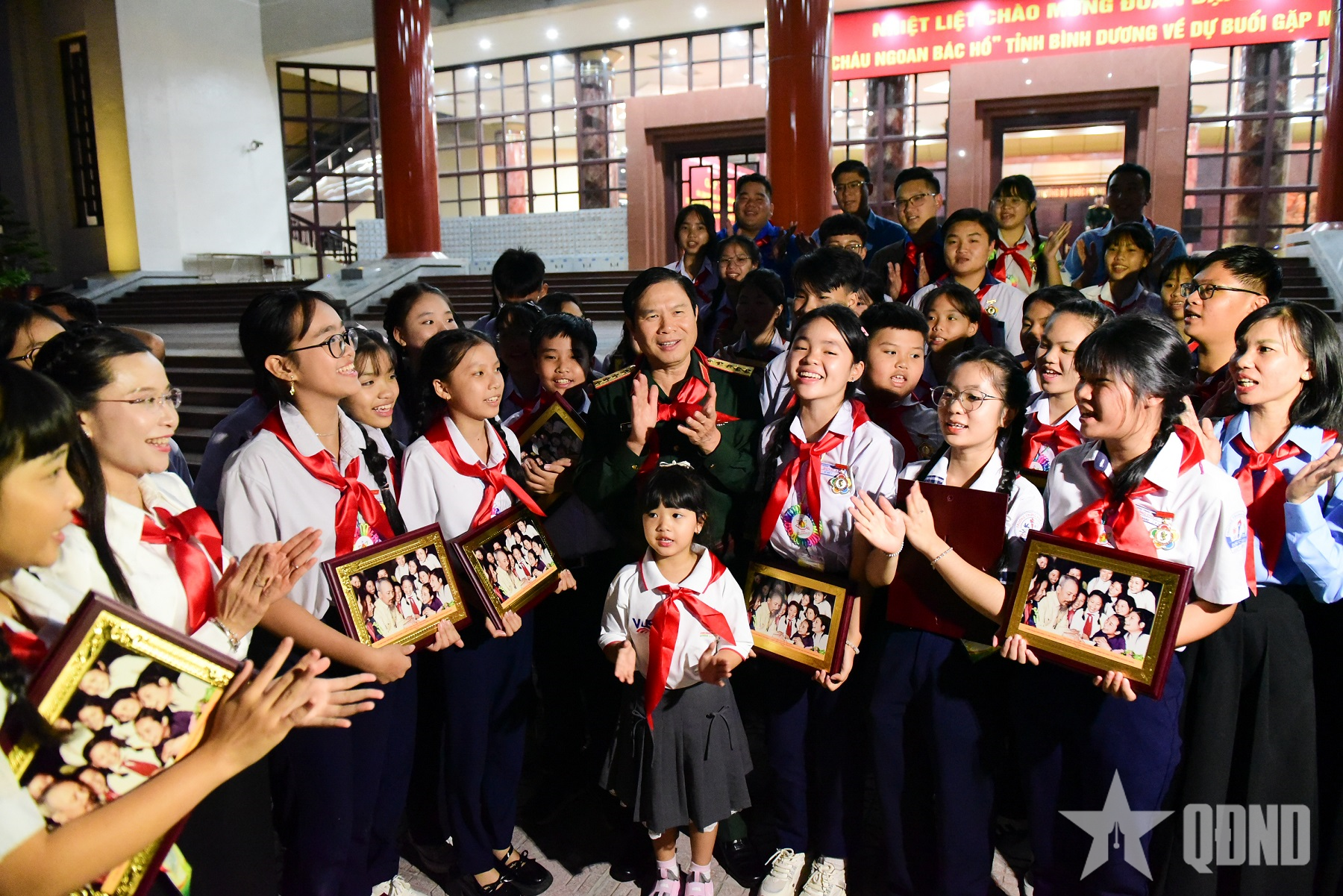





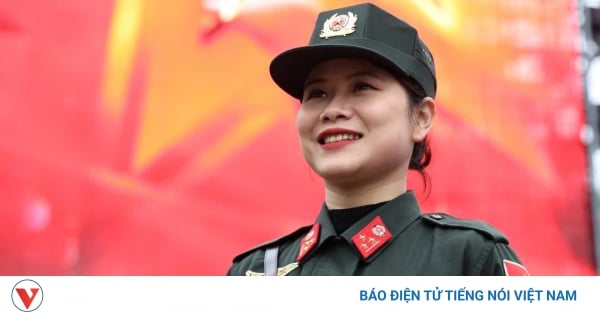



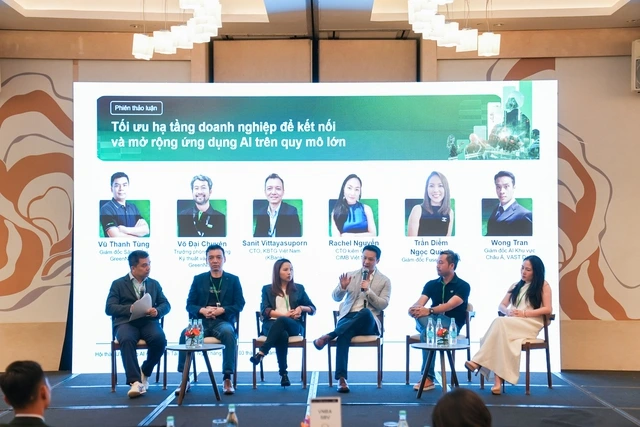
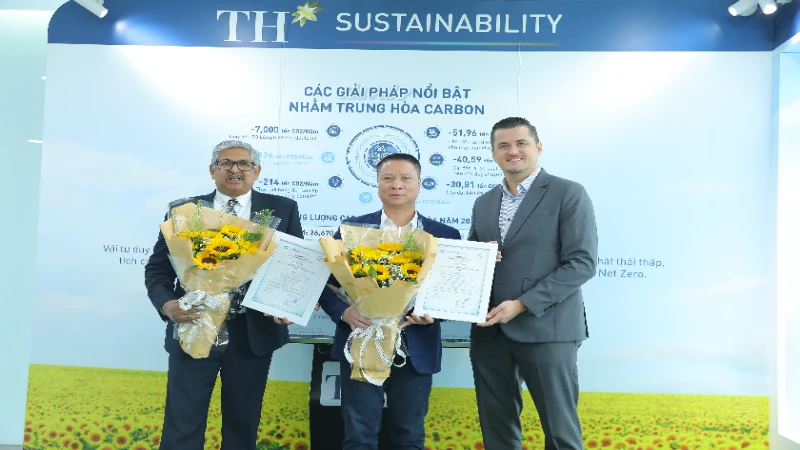
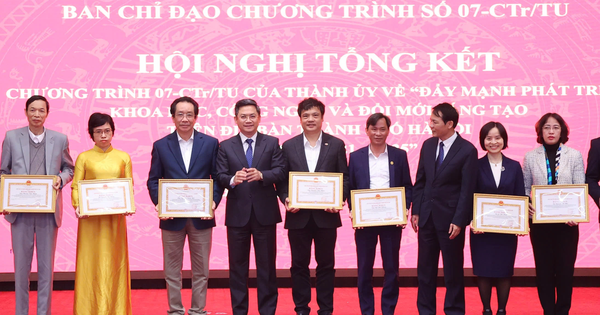



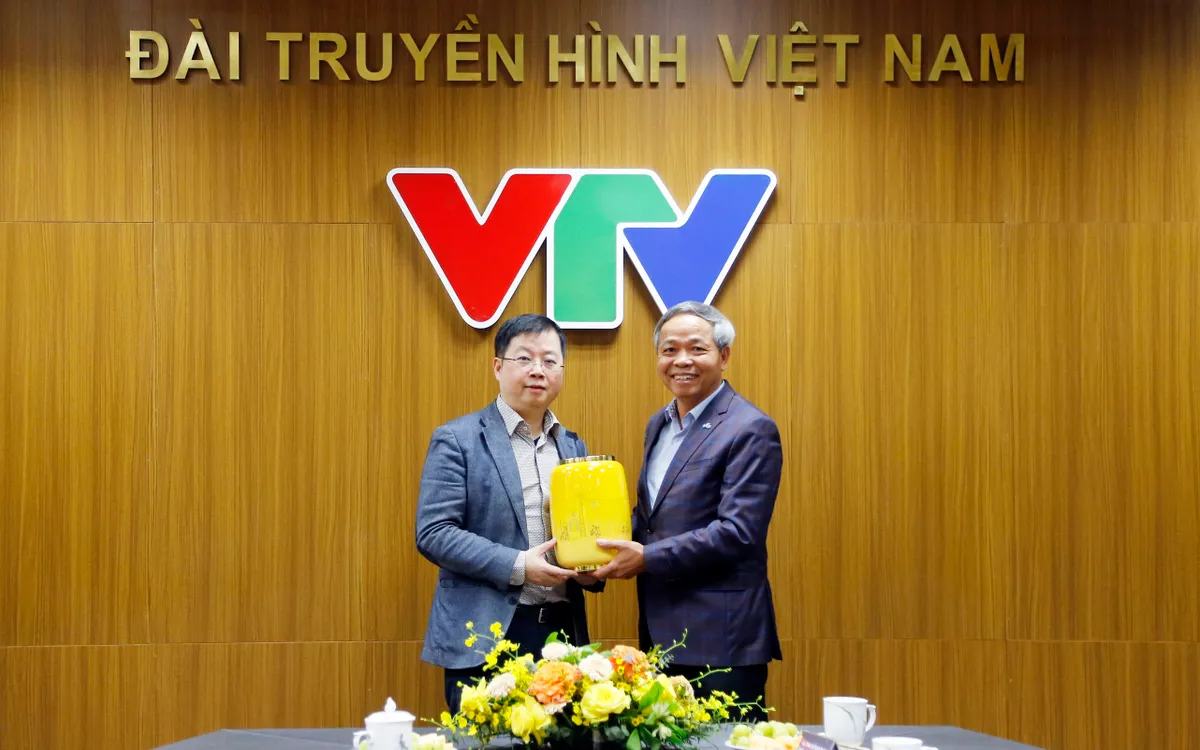

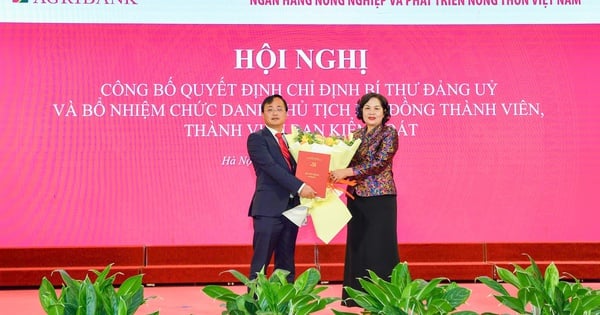






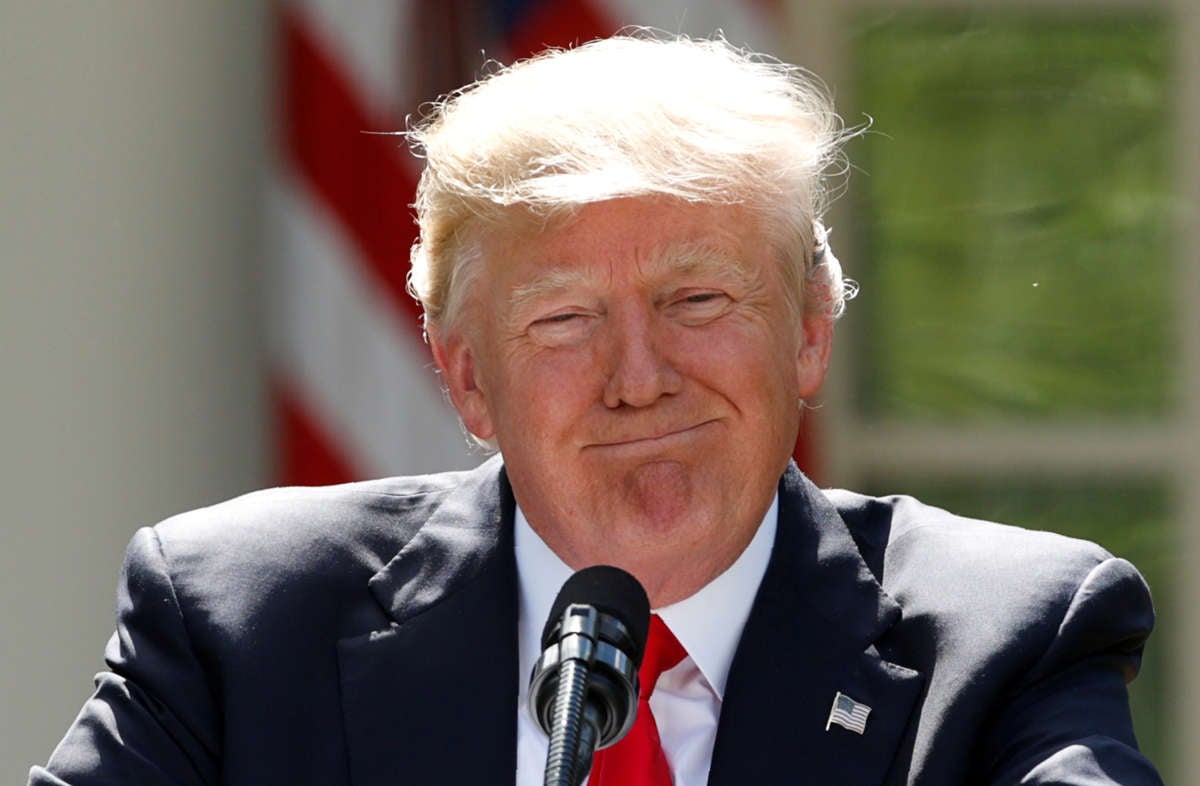
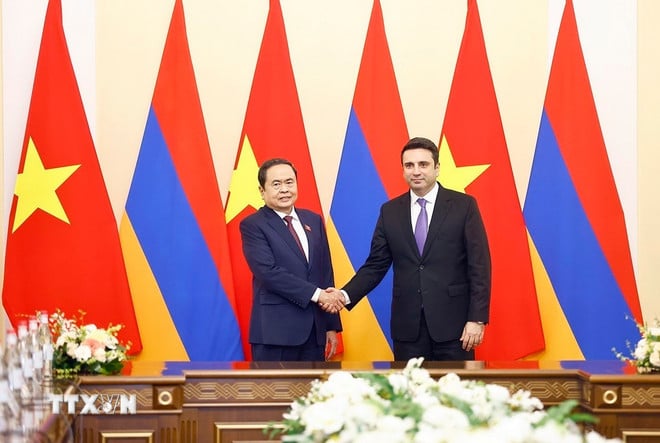
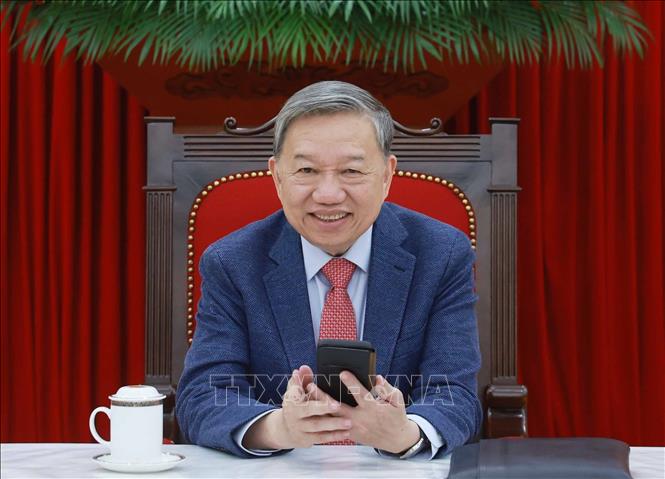

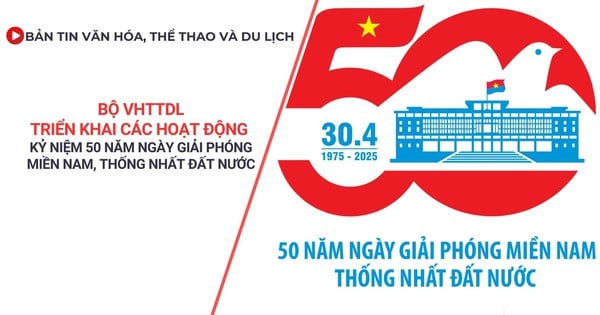


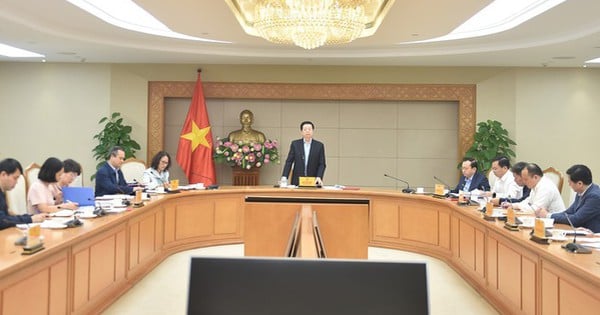





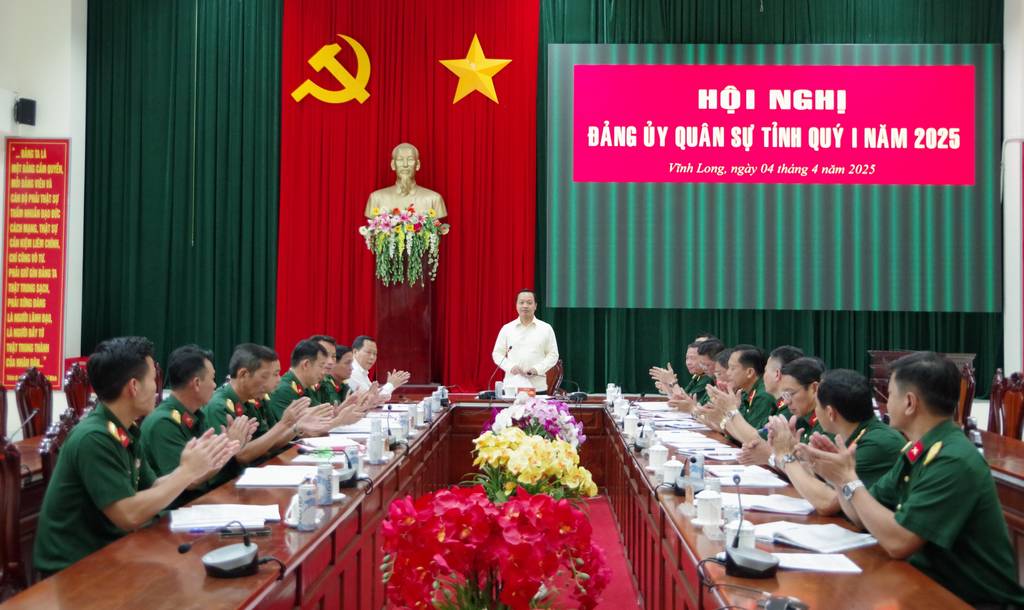
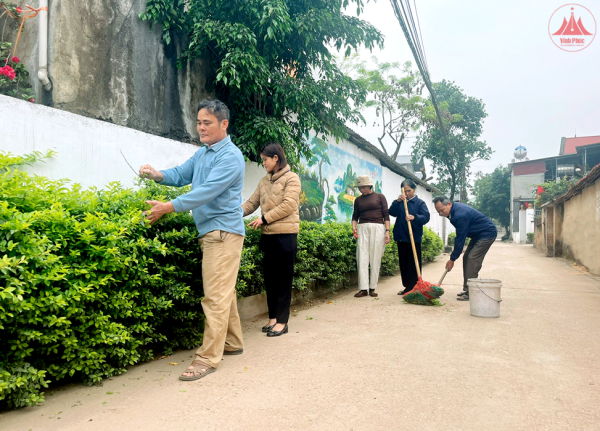


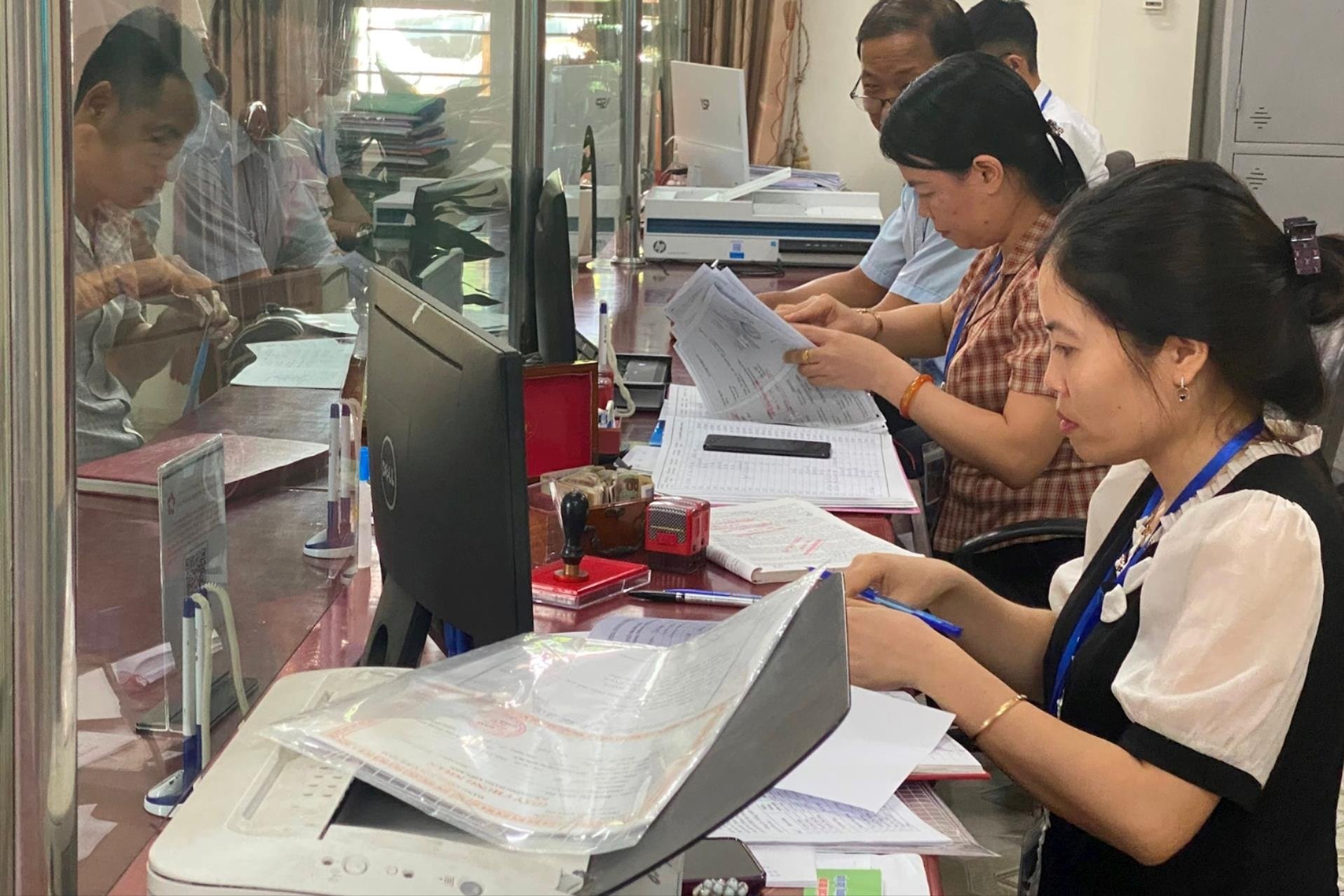

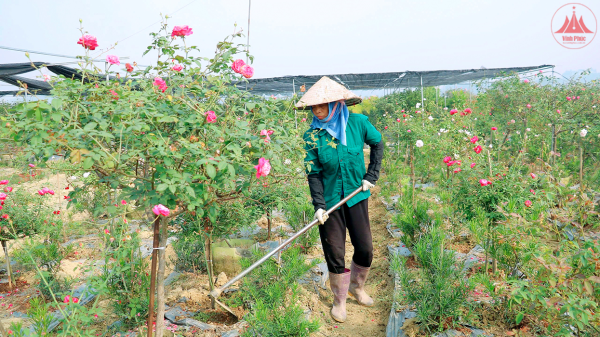
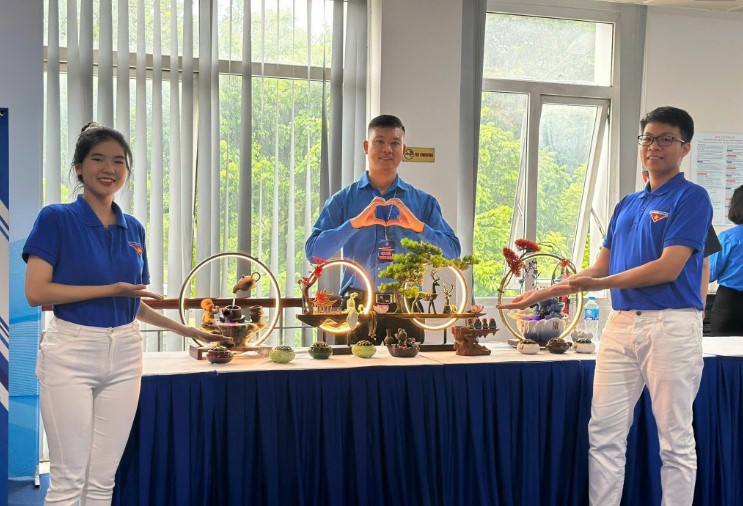
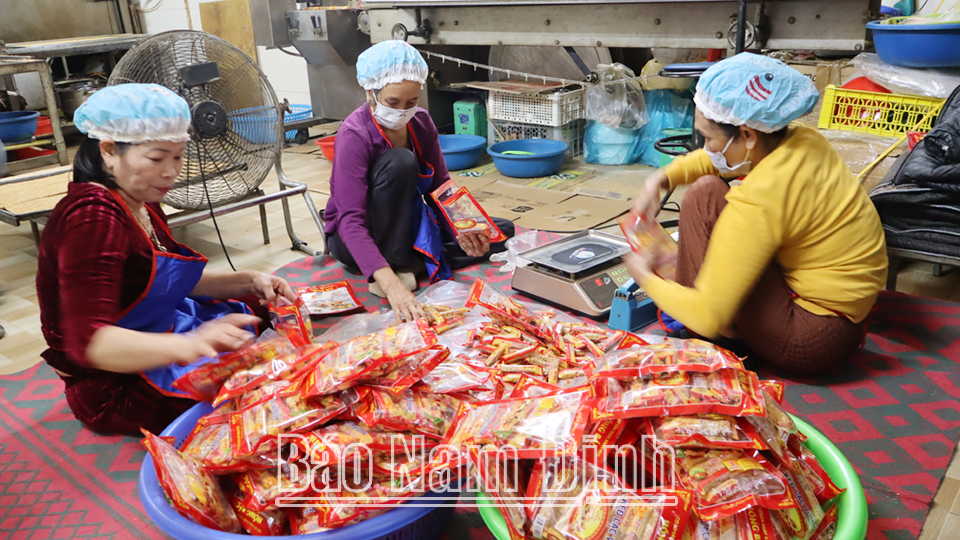


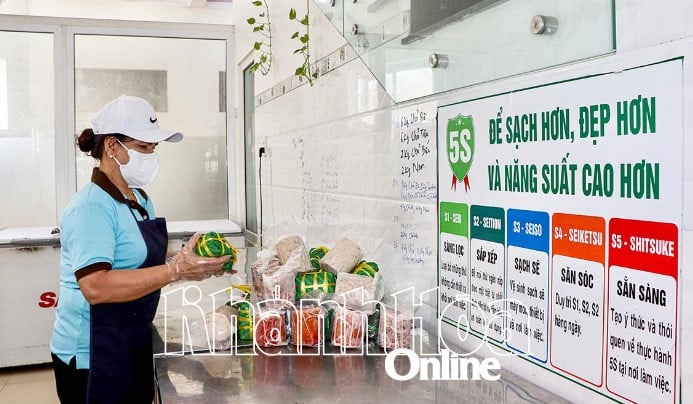

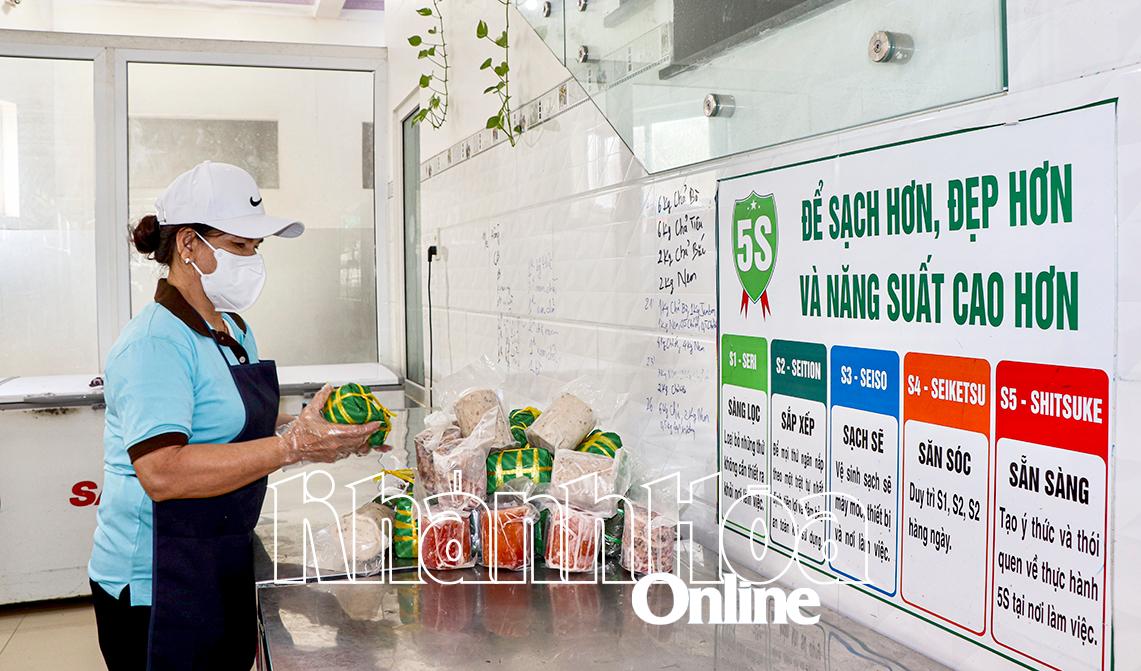


Comment (0)